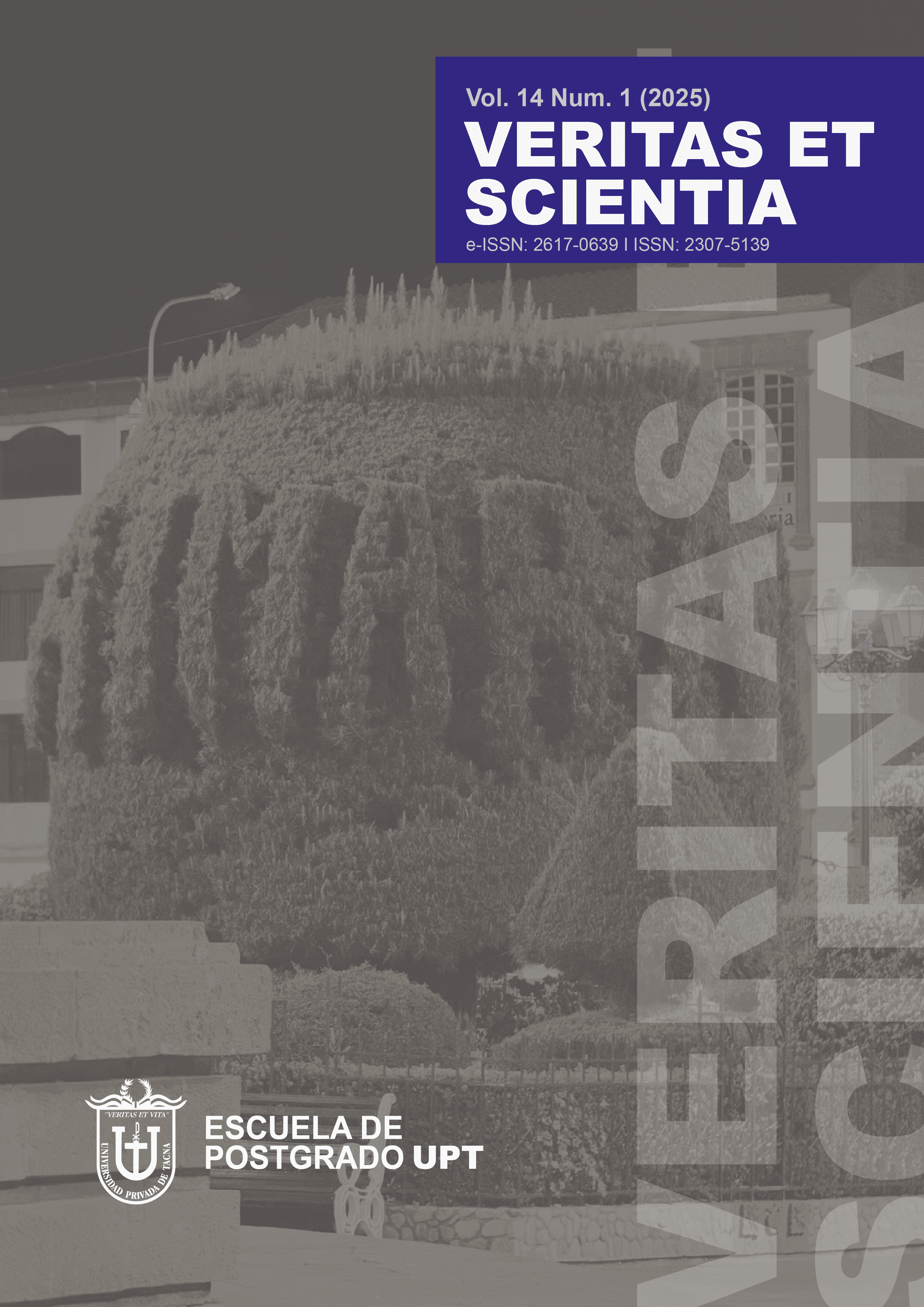Ethnoclassification of Medicinal Plants and Understanding Health and Disease by the Taote in Rapa Nui
DOI:
https://doi.org/10.47796/ves.v14i1.1221Keywords:
Ethnoclassification, Taote, Tupuna, Ancestral medicineAbstract
This article analyzes the ethnoclassifications of medicinal plants made by the taote in Rapa Nui. From this perspective, multivocality plays a fundamental role in the creation of this research. Through a qualitative study based on semi-structured interviews and ethnographic records, it examines how the taote (local medical agents) organize and classify plants used in health-disease processes from an emic taxonomy. Different hierarchical levels between plants 'tupuna' (sacred and ancestral), 'own', 'foreign', and 'contemporary' are identified, as well as residual categories (which are not plants but are included as therapeutic elements, such as seawater, mud, sand, stones (maea poro), among others that will be mentioned later).
Downloads
References
Anderson, R.T. (1972). Tendencias recientes en Etnología. Source Annals of the American Academy of Political and Social Science, 401,143-153.
Bartolomé, M.A. (2010). Interculturalidad y Territorialidades Confrontadas en América Latina. Runa, 31, 9-21.
Beaucage, P. (1999). La etnociencia, su desarrollo y sus problemas actuales. Cronos, 3,47-92.
Cauwe, N. (2008). Isla de Pascua Falsos Misterios y Enigmas Verdaderos. Francia: Cedarc.
Durán, T. (1997). Conocimientos y Vivencias de dos familias Wenteche sobre medicina Mapuche. Temuco, Chile: Lom.
Gobierno Regional de Valparaíso. (s.f). Isla de Pascua. Recuperado de: http://www.gorevalparaiso.cl/isla-de-pascua.php [Acceso el 5 de octubre de 2023].
Goodenough, W. H. (1979). Las Preocupaciones de la Antropologia Cultural en Estados Unidos. Universidad de Wisconsin, 16 (1), 39-45.
Gundian, D. C. (1950). La Isla de Pascua o Rapa-nui. Revista universitaria.119-133.
Hunn, E. (1982). The Utilitarian Factor in Folk Biological Classification. American Anthropological, 84 (4), 830-847.
Kokot,W., Lang, H., & Hinz, E. (1982). Tendencias actuales en Antropologia Cognitive. Anthropos Institute, 77 (3/4), 329-350.
Mesa Pueblo Papa Ra'au. Plantas Medicinales de Rapa Nui Ono Tupuna Un capital por preservar. V Región., Isla de Pascua, Chile.
Revel, N., Glauco, S. (2003). Etnociencia Etnosemantica: Un resumen de dos epistemólogos. Grafo, (47), 5-82.
Reviewed, E. H. (1982). The Utilitarian Factor in Folk Biological Classification Author(s). American Anthropologist, New Series, 84, ( 4), 830-847.
Reviewed, R. (1978). Ethnoscience and Problems of Method in the Social Scientific Study of Religion. Source: Sociological Analysis, Published by: Oxford University PressStable, 39, ( 3), 241-249.
Sarles, H. B. (1966). Estudio Dinamico de Interacción y Estrategias de la Etnociencia. Los Sindicos de la Universidad de Indiana, 8 (8),66-70.
Werner, O. (1972). Ethnoscience. Annual Reviews,1, 271-308.
Downloads
Published
How to Cite
Issue
Section
License
Copyright (c) 2025 Lafquen Karen Passalacqua Hucke

This work is licensed under a Creative Commons Attribution 4.0 International License.













